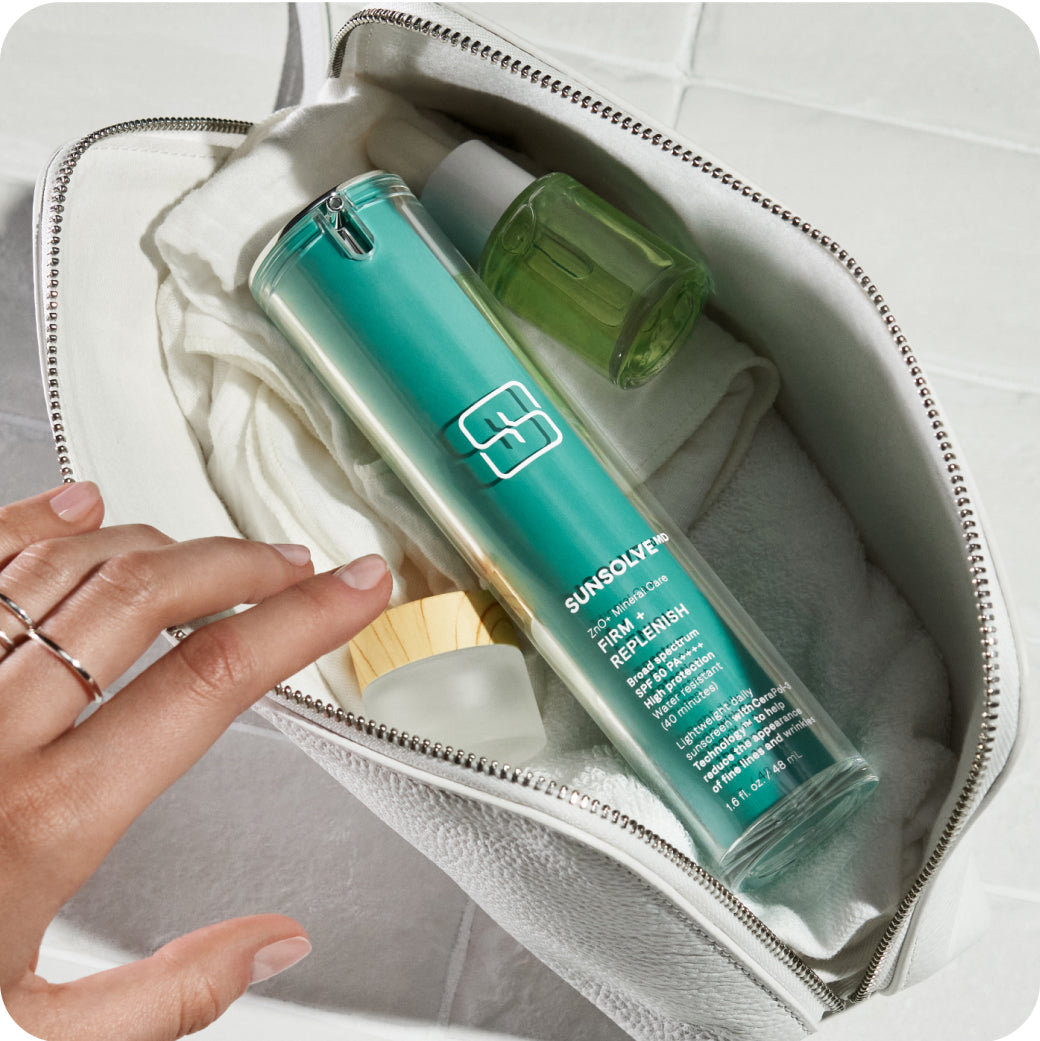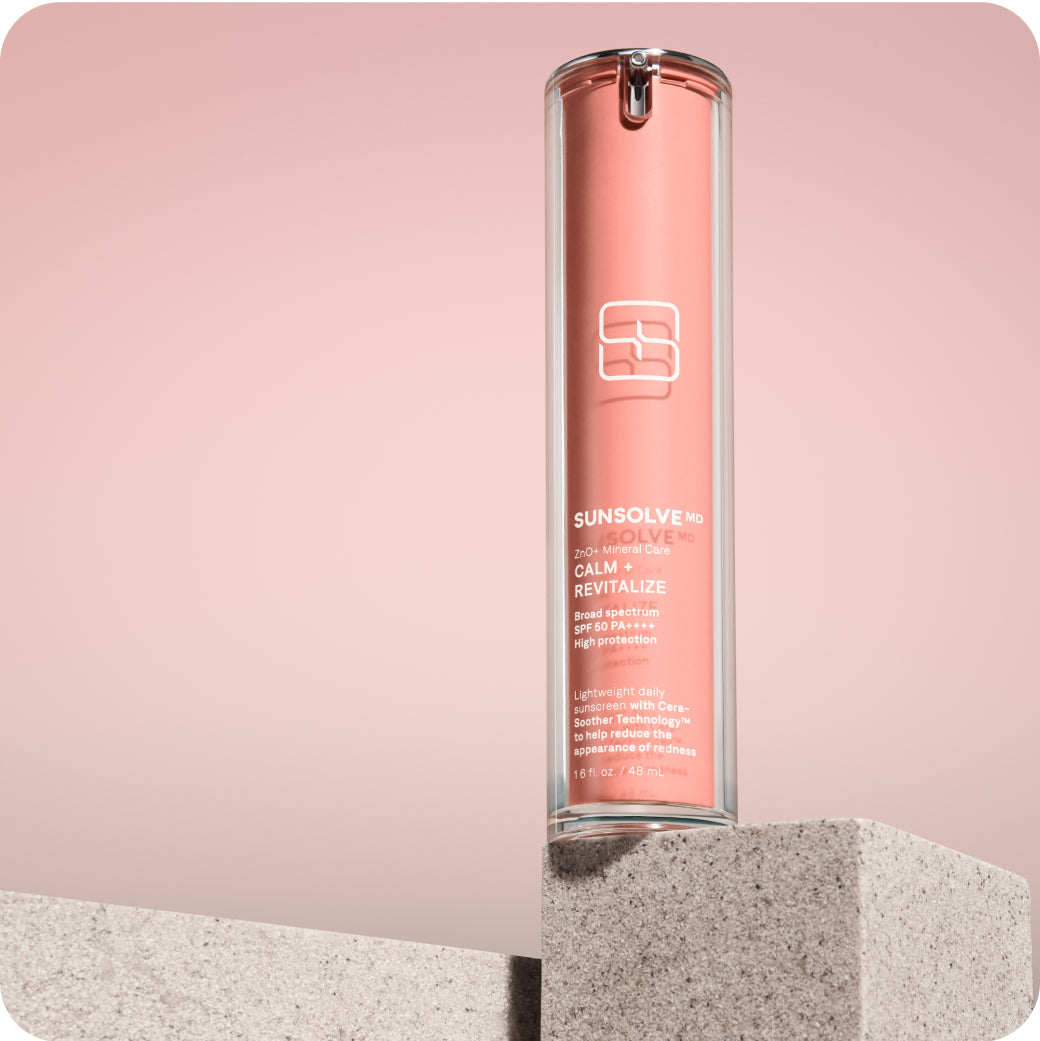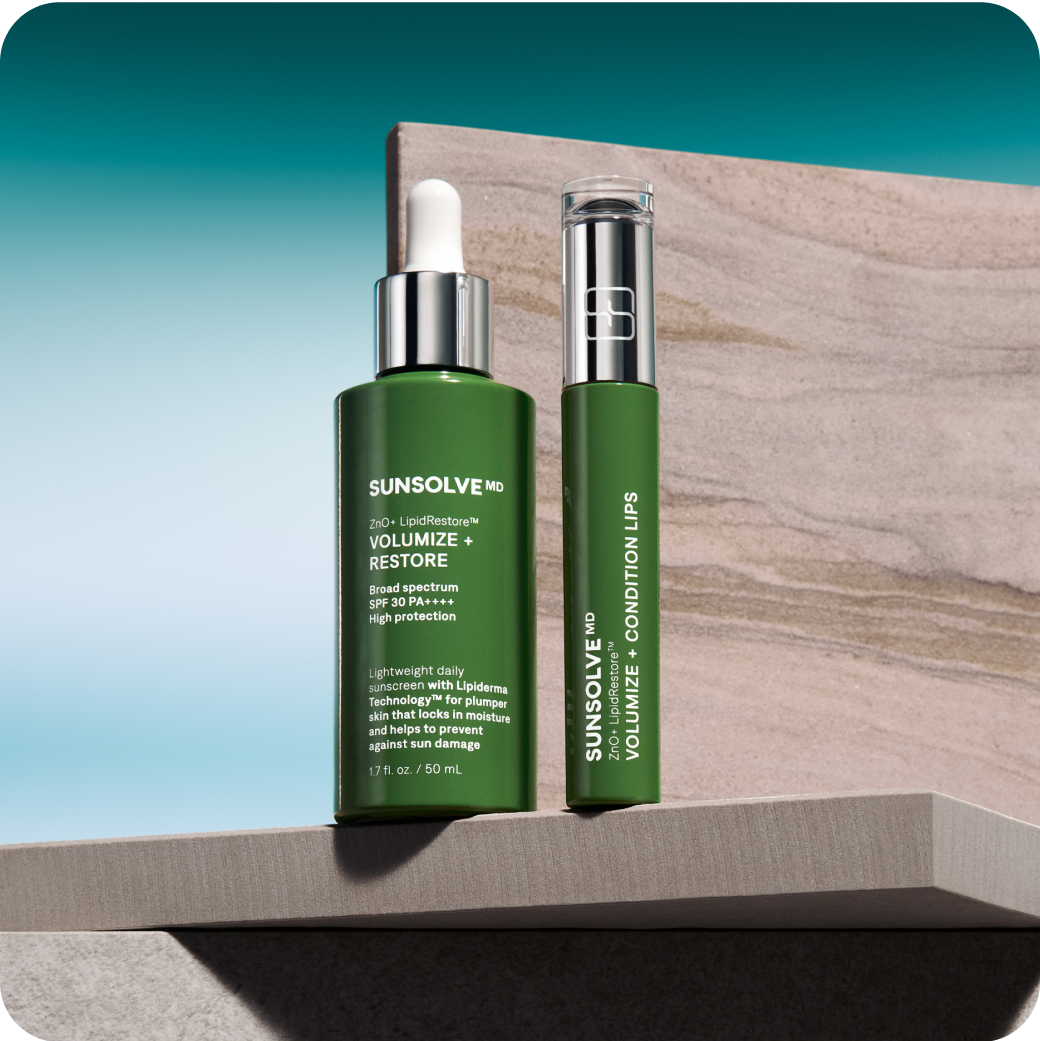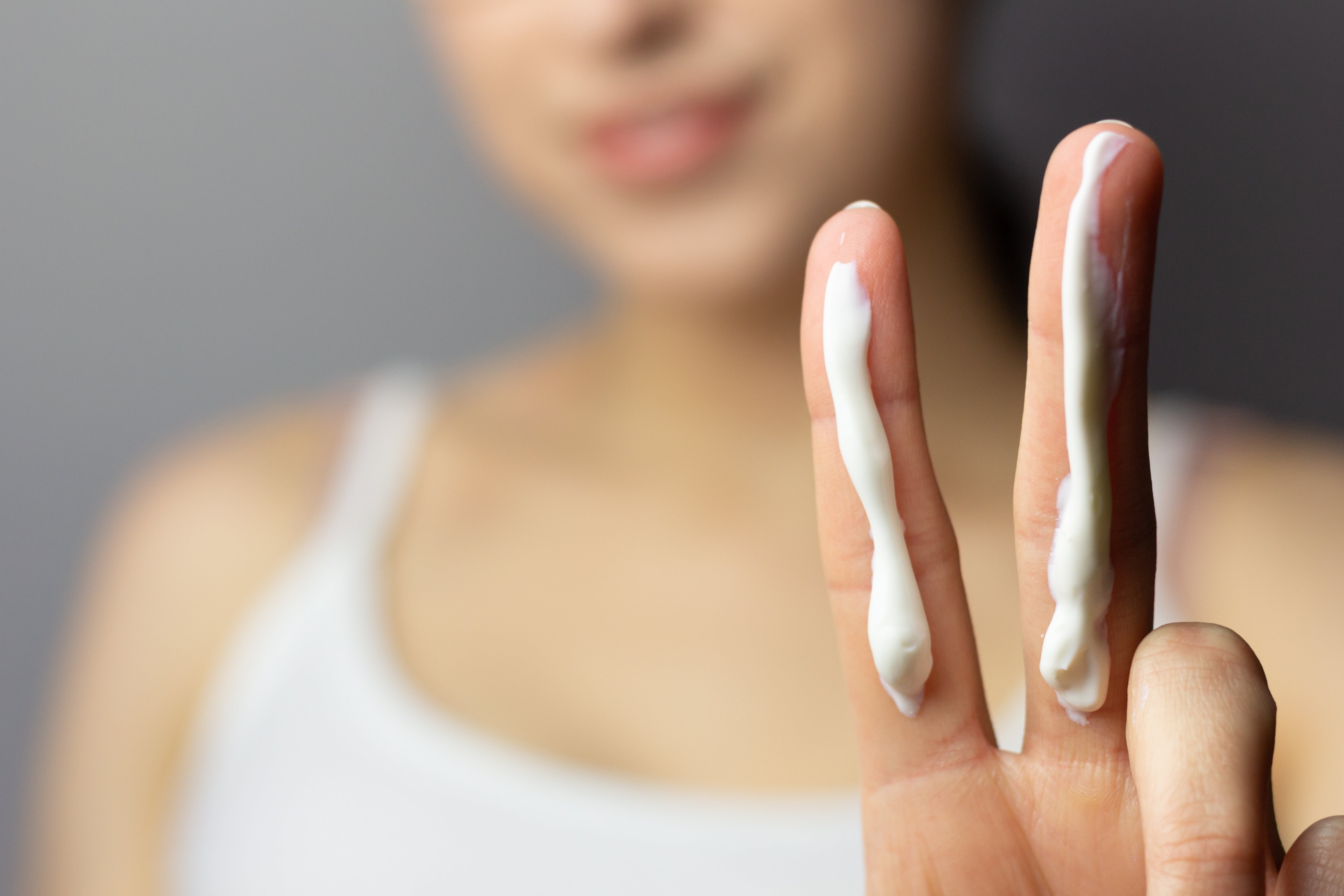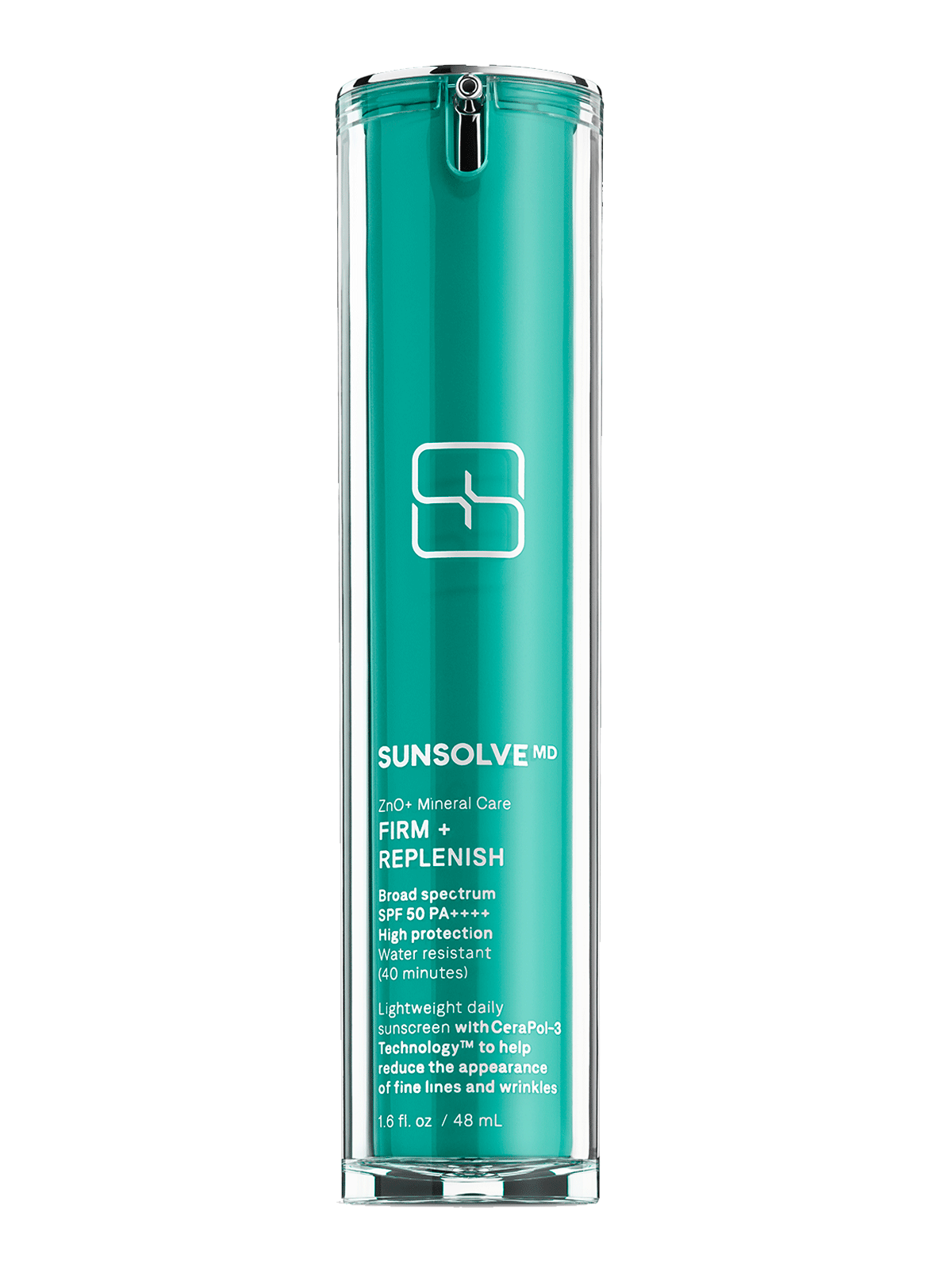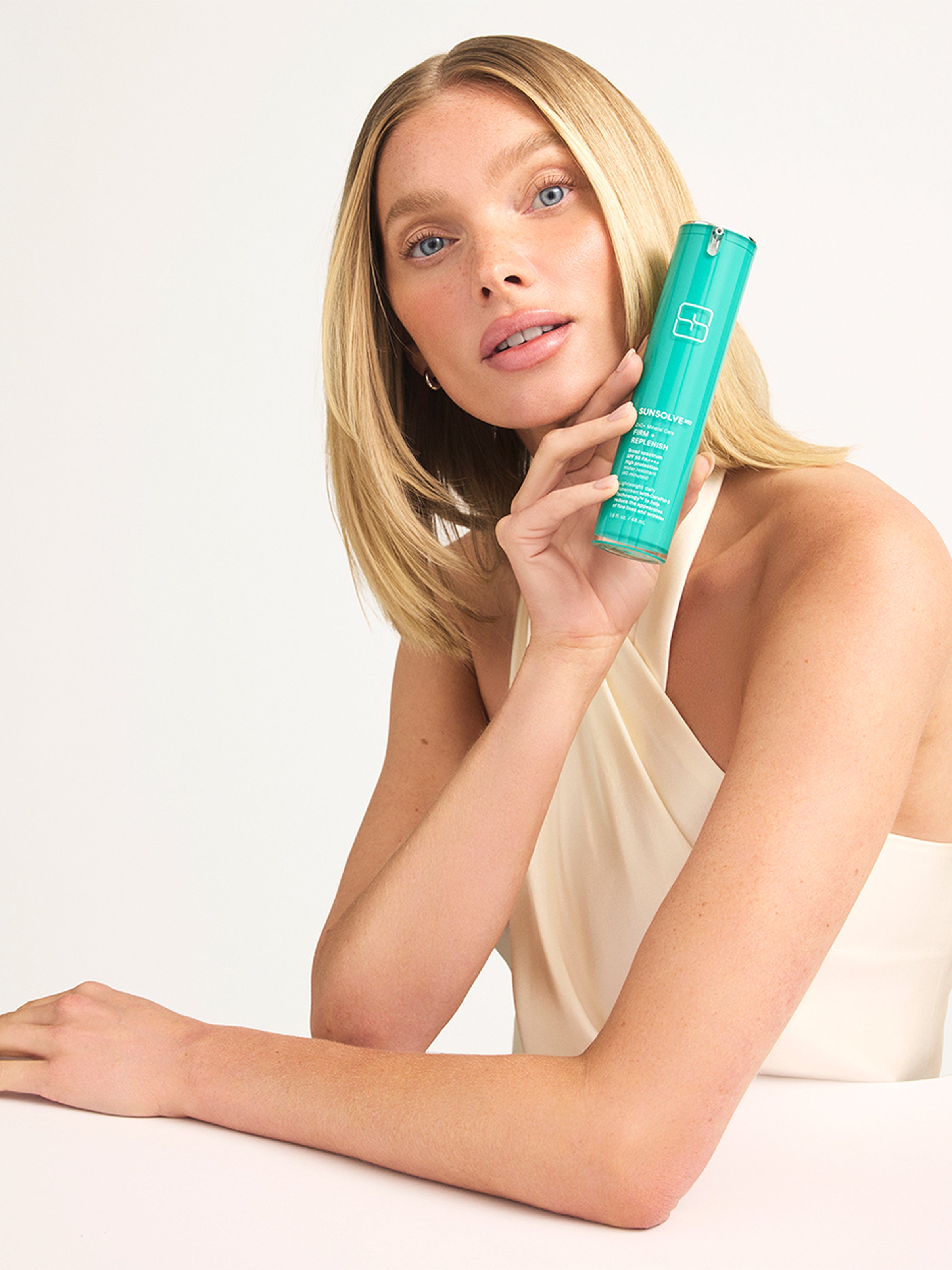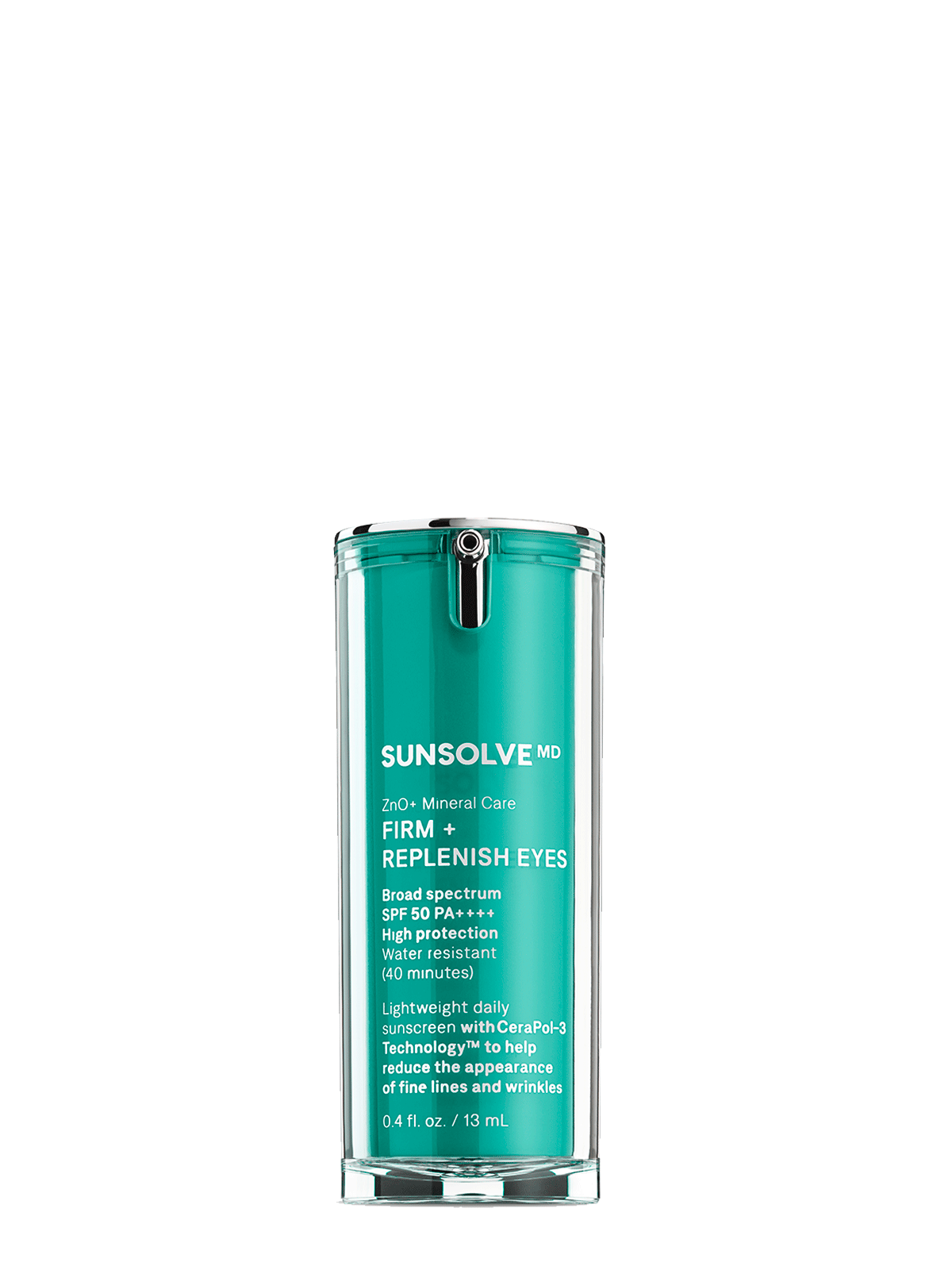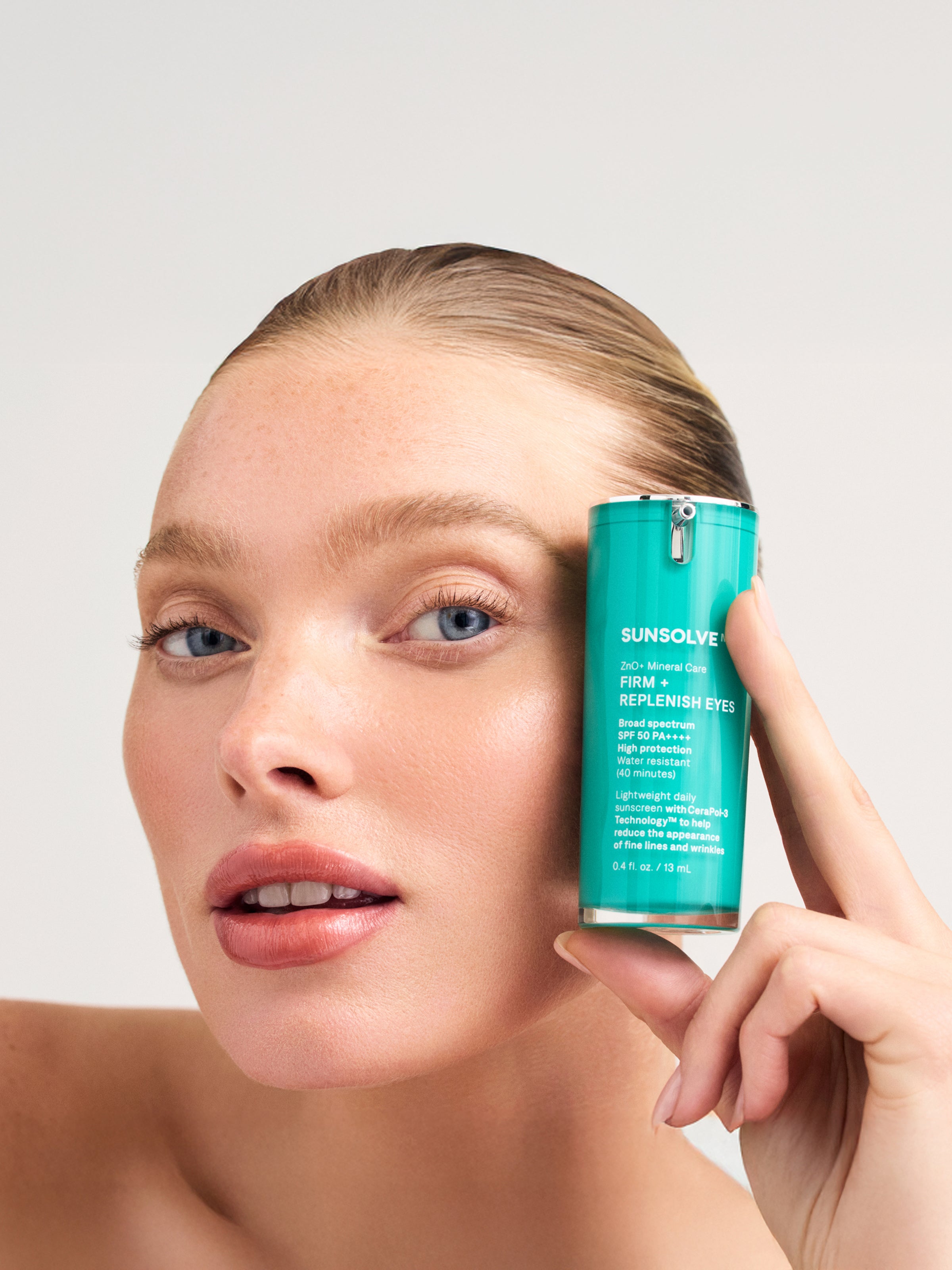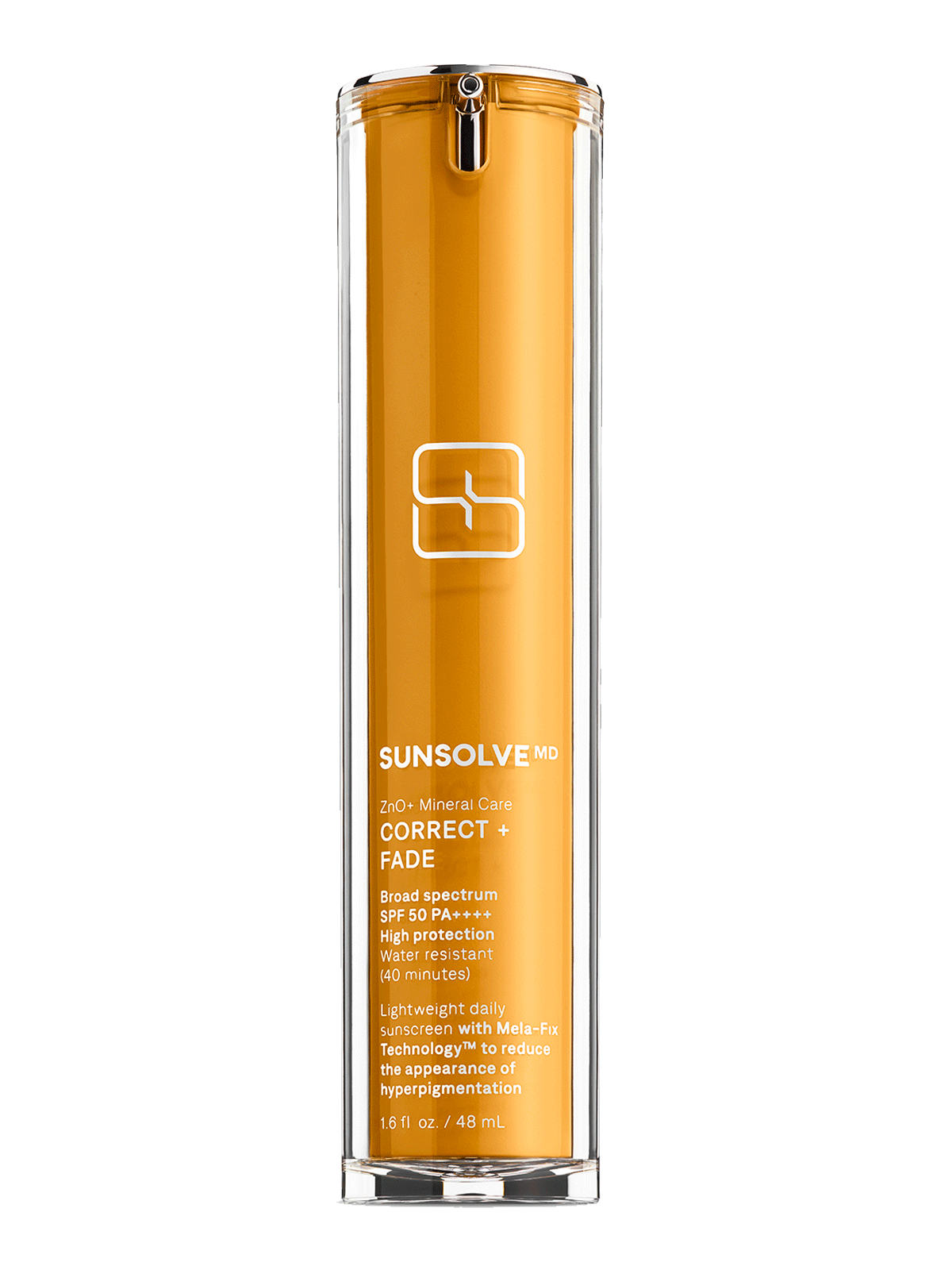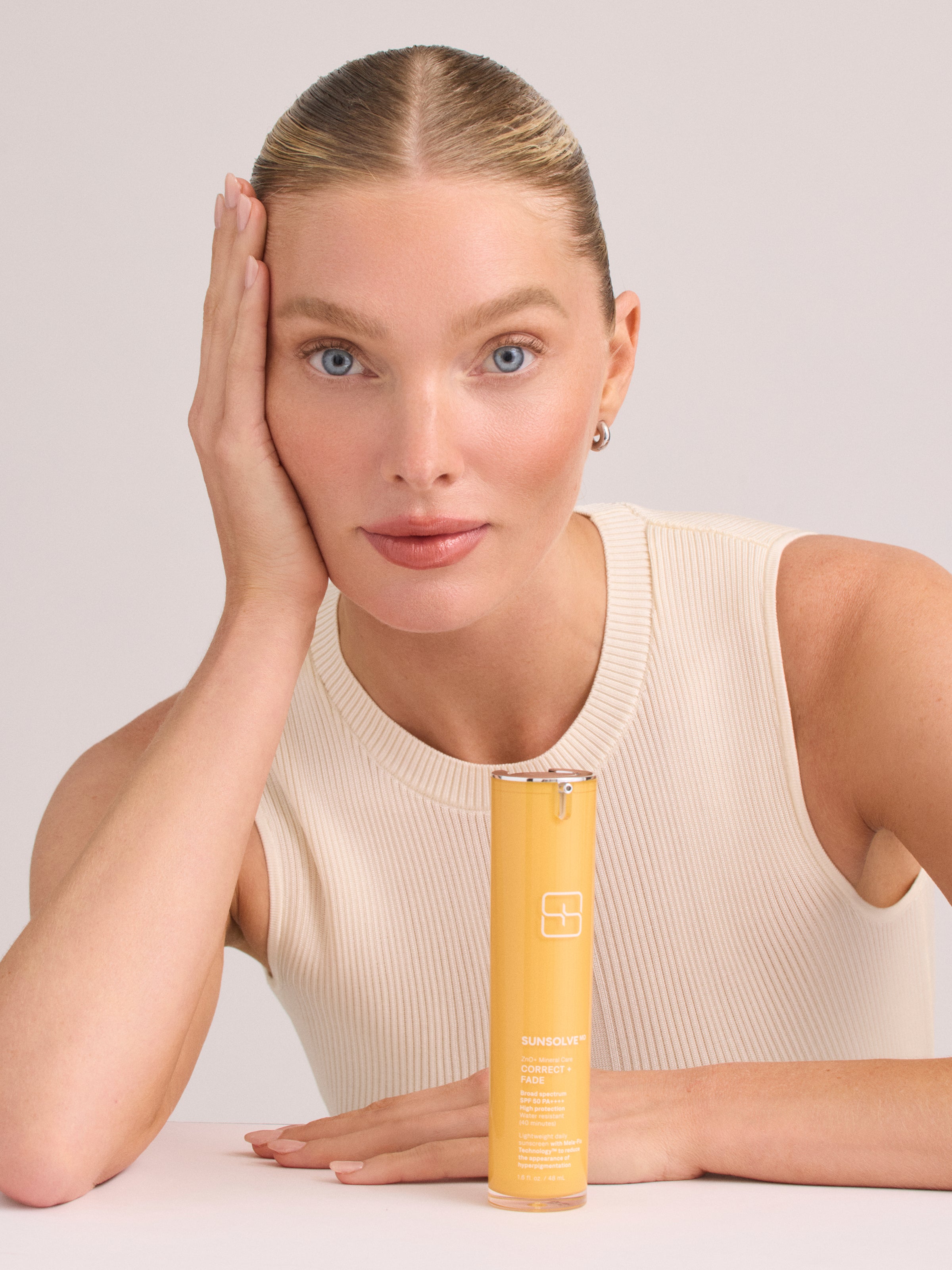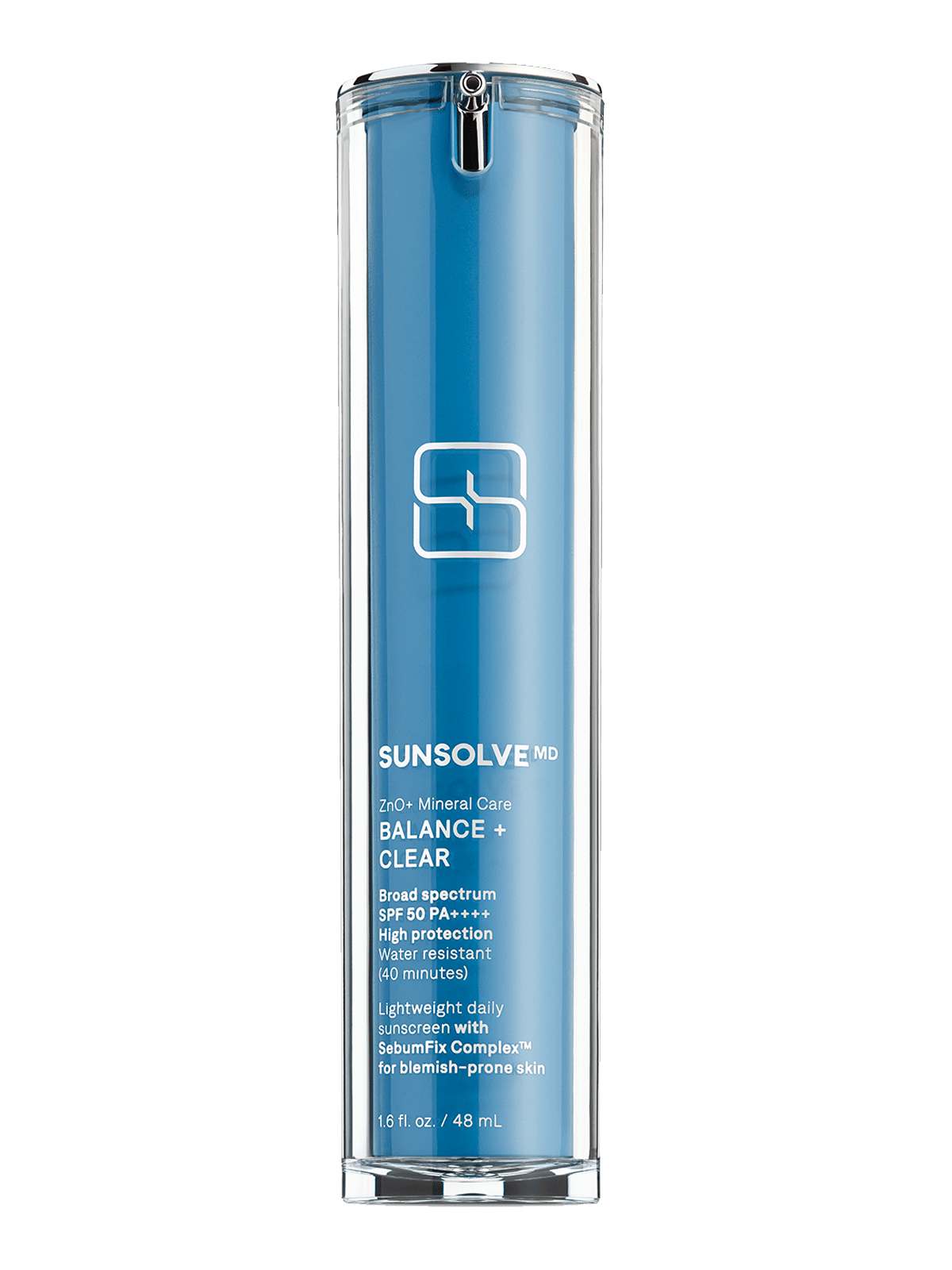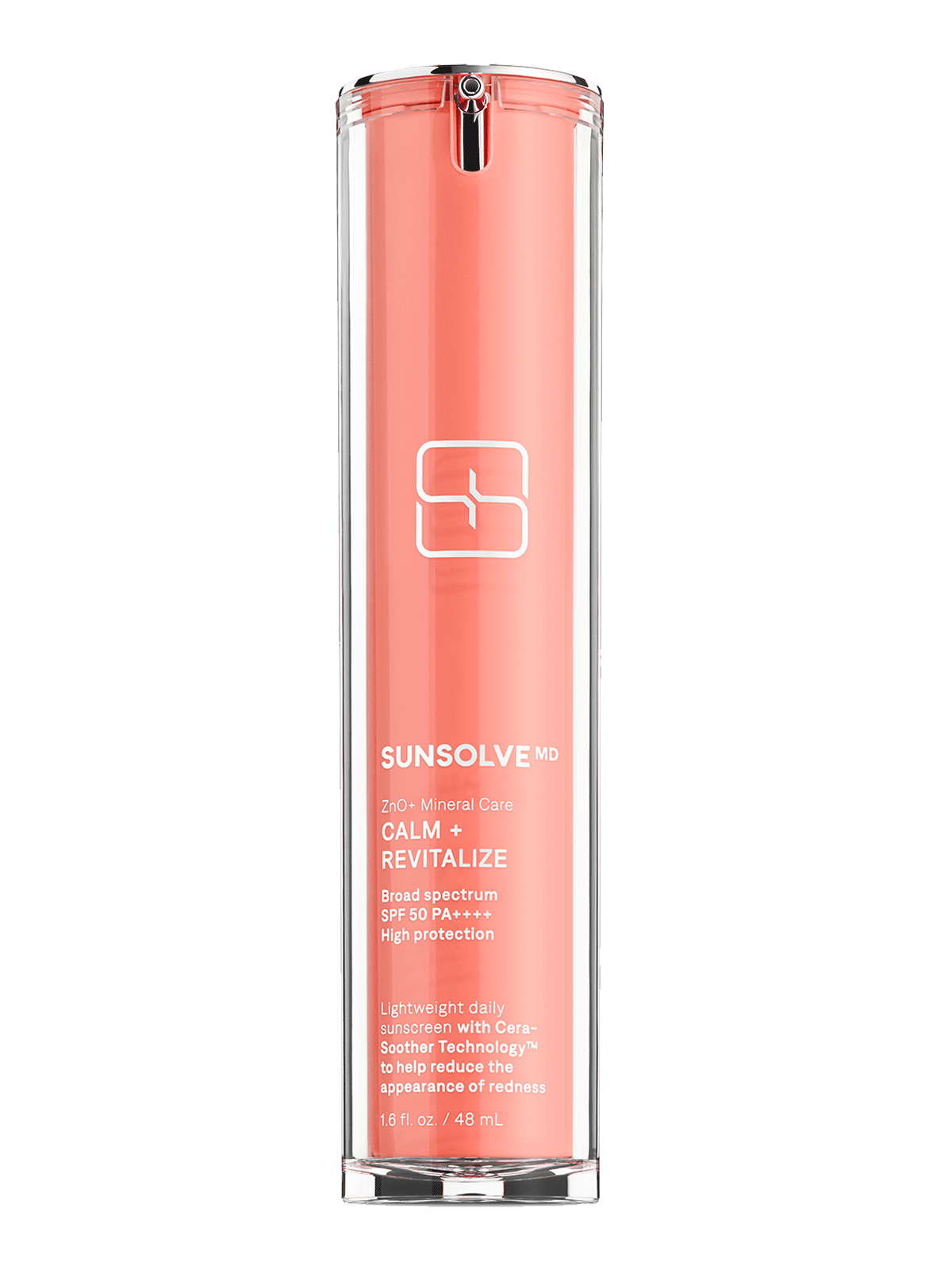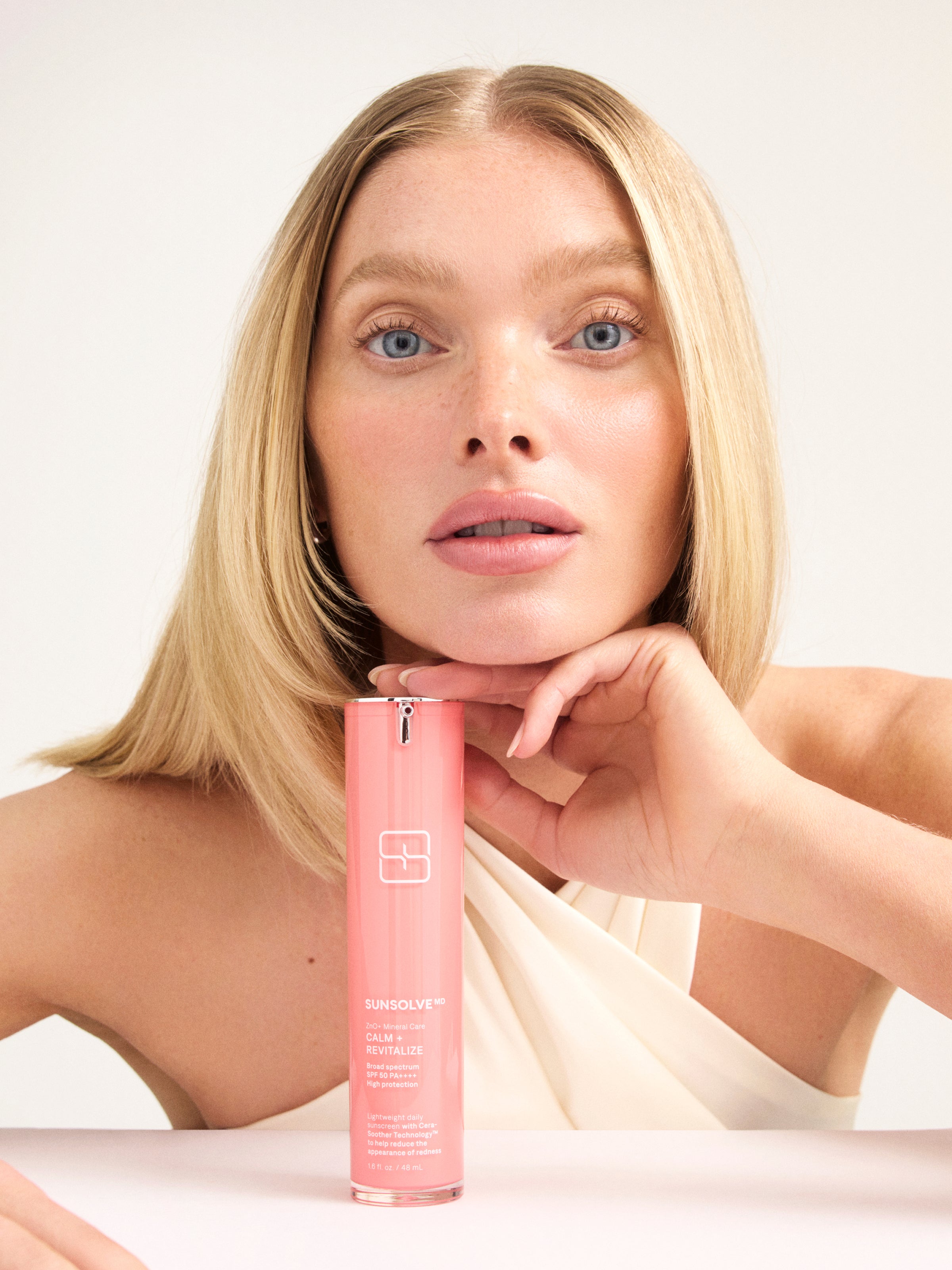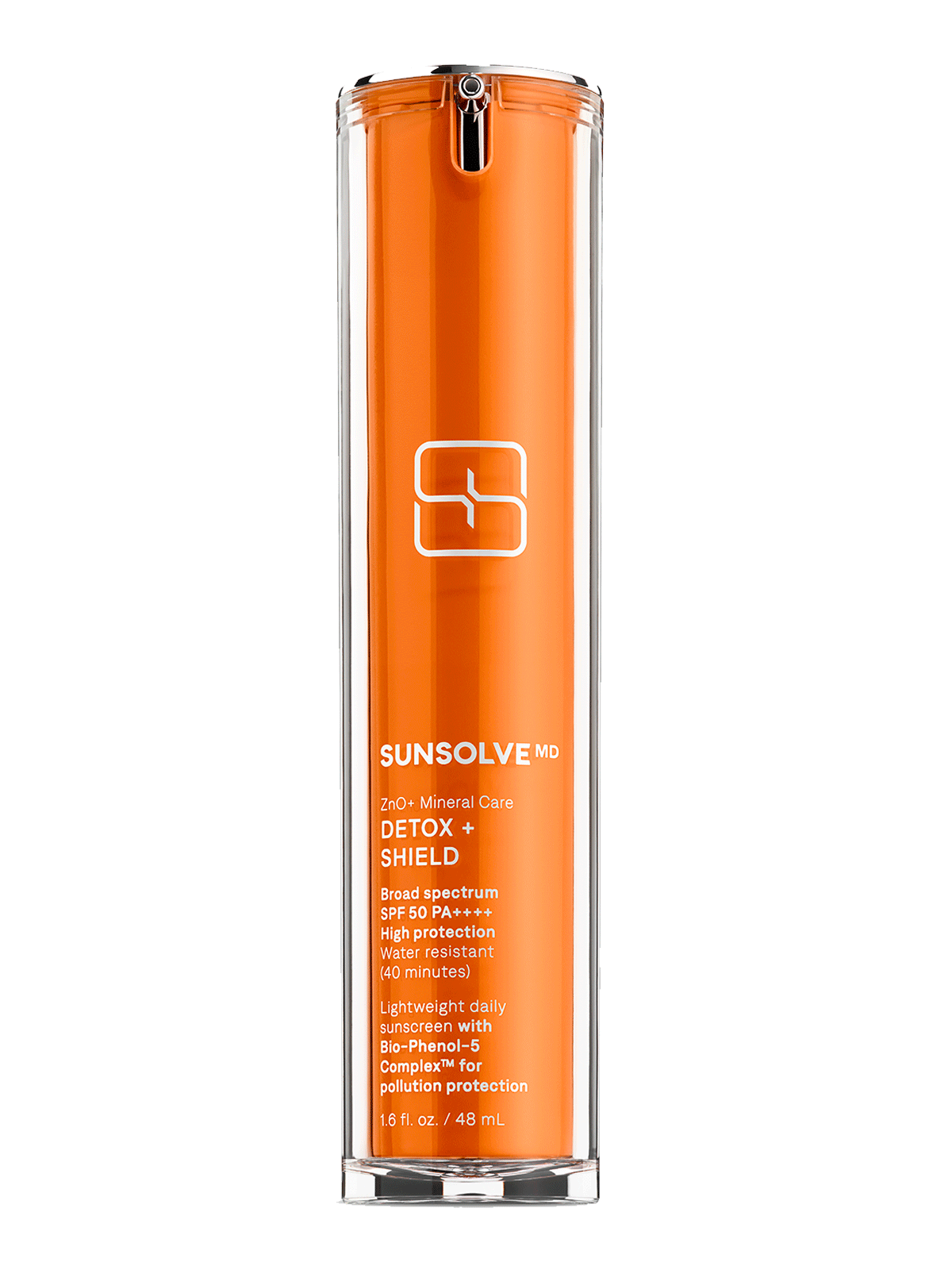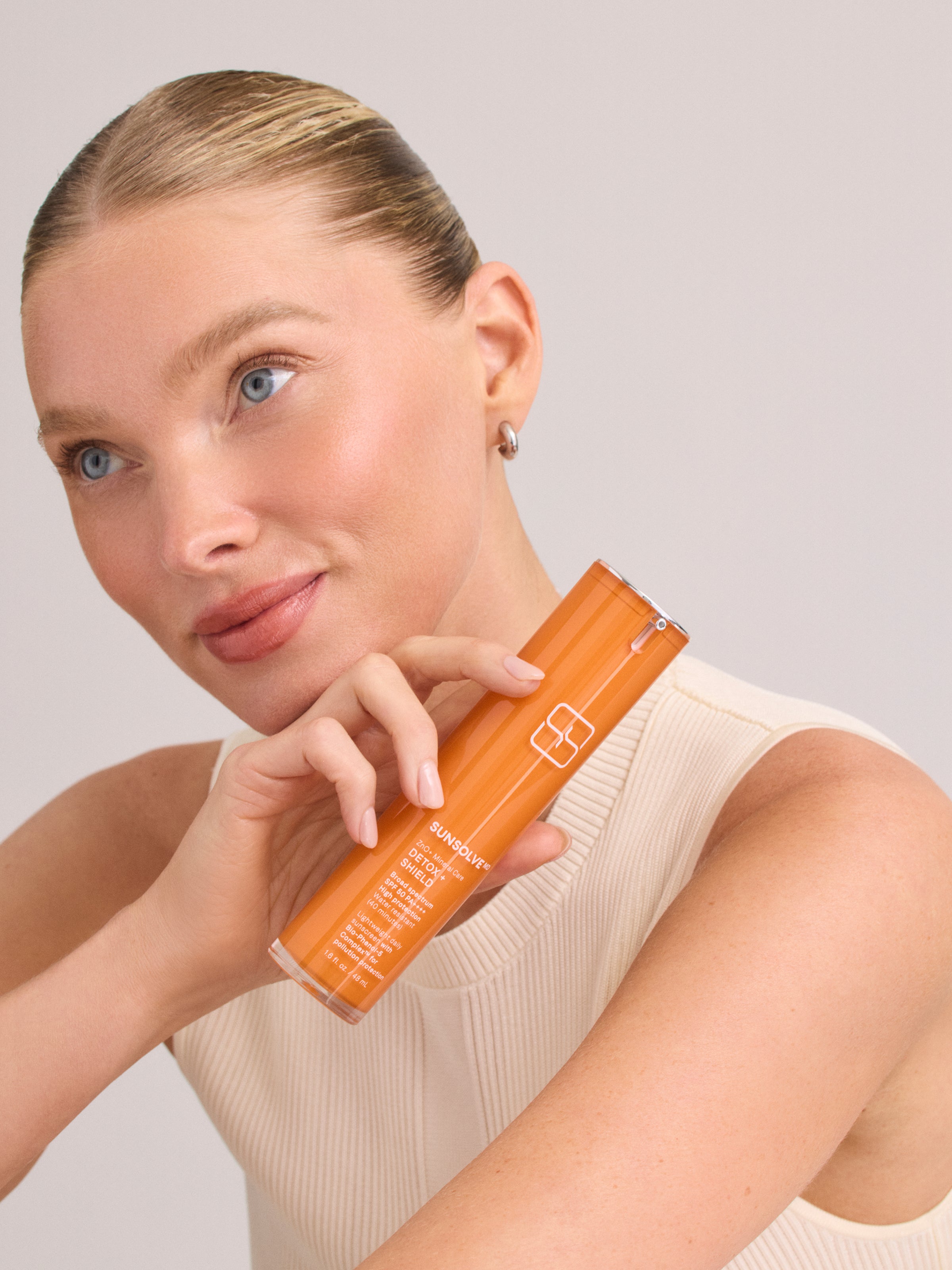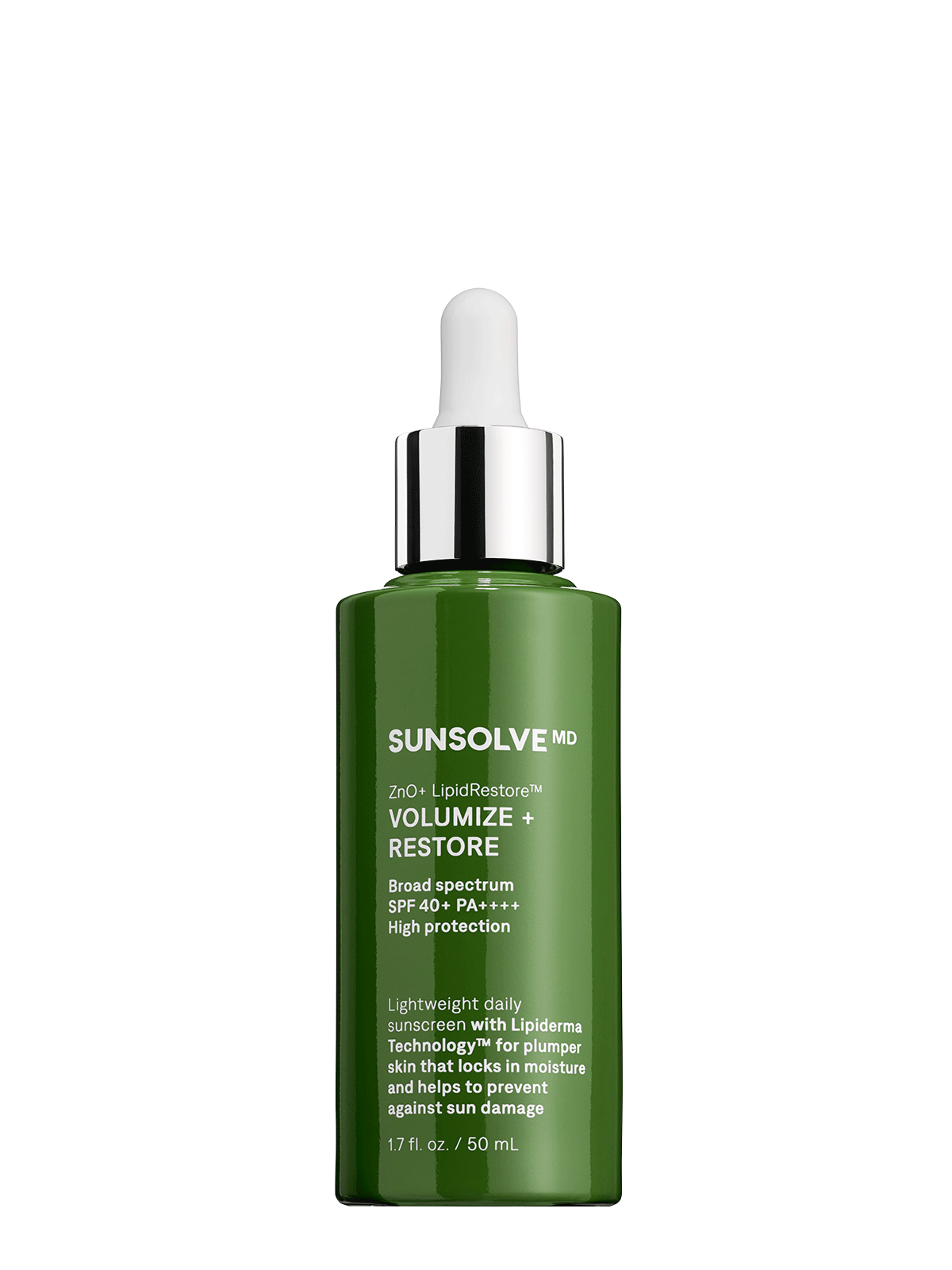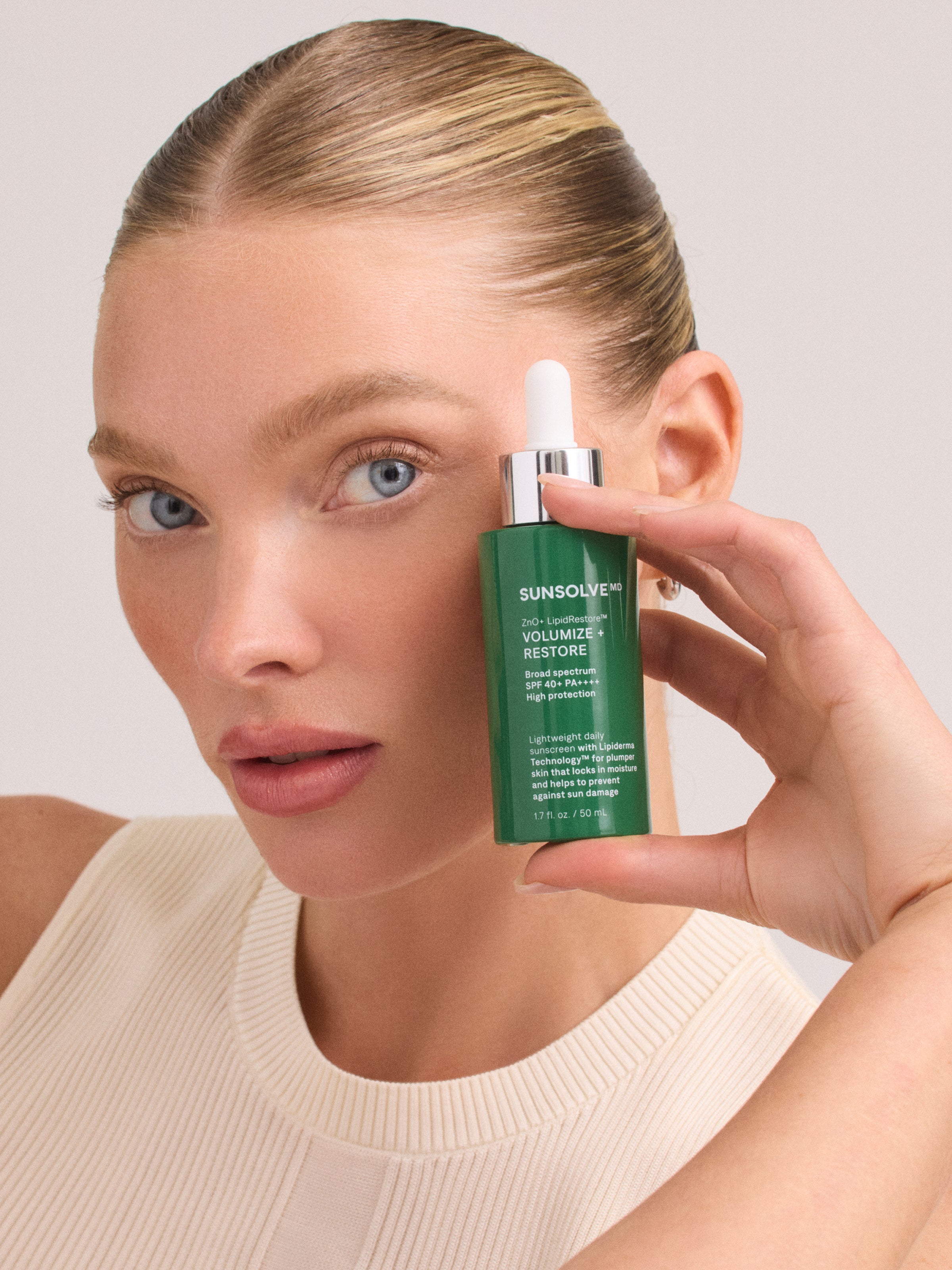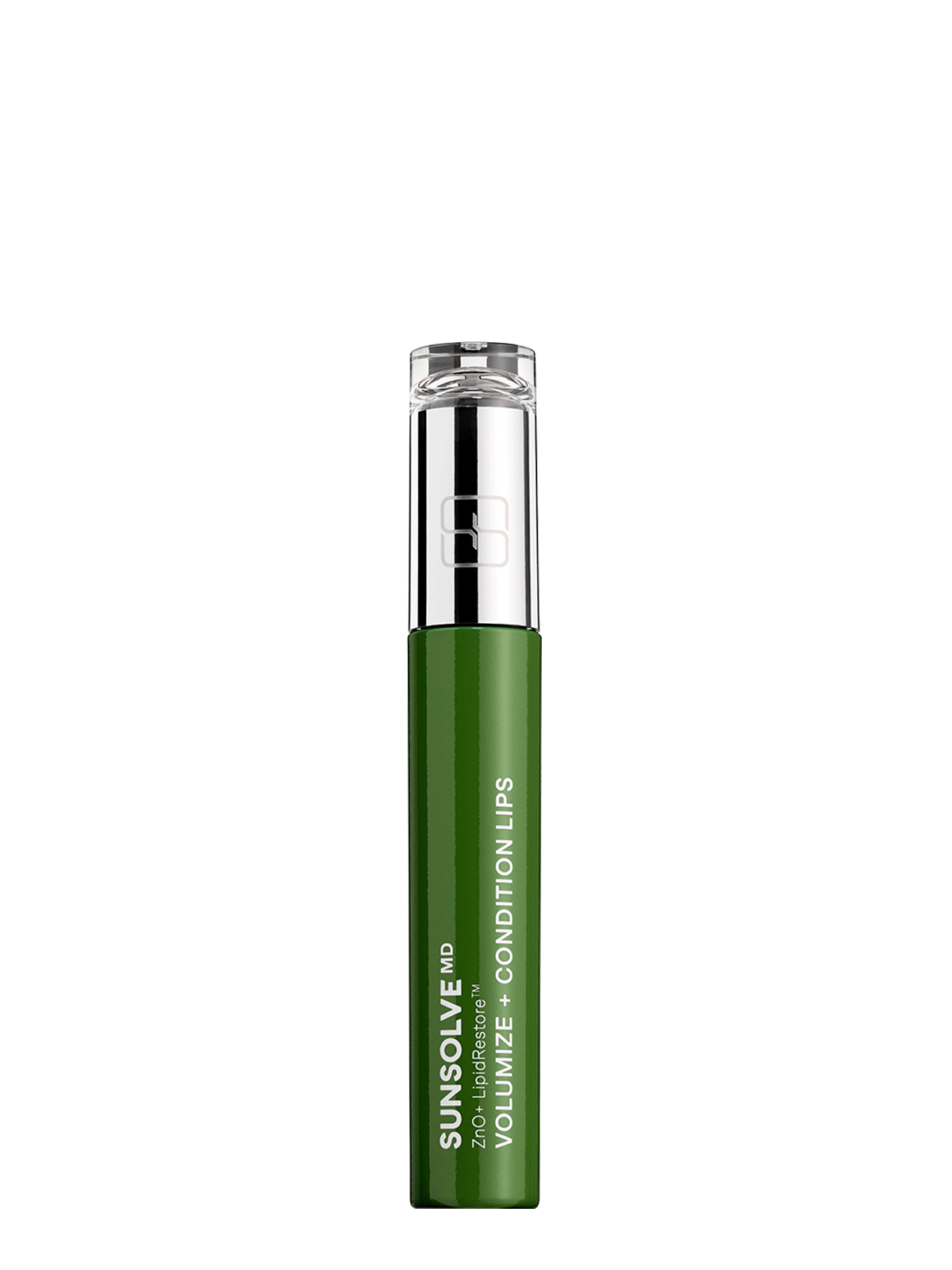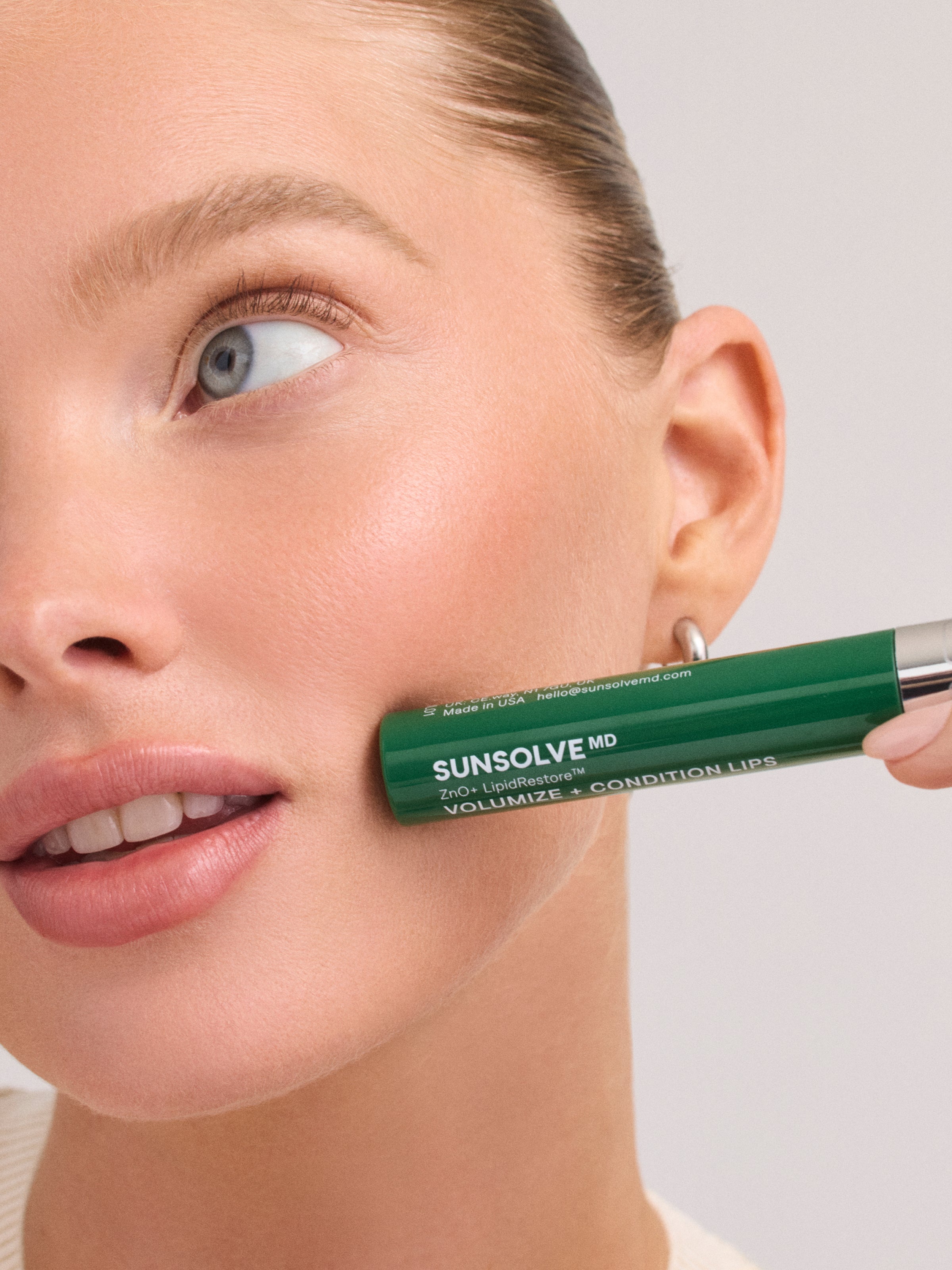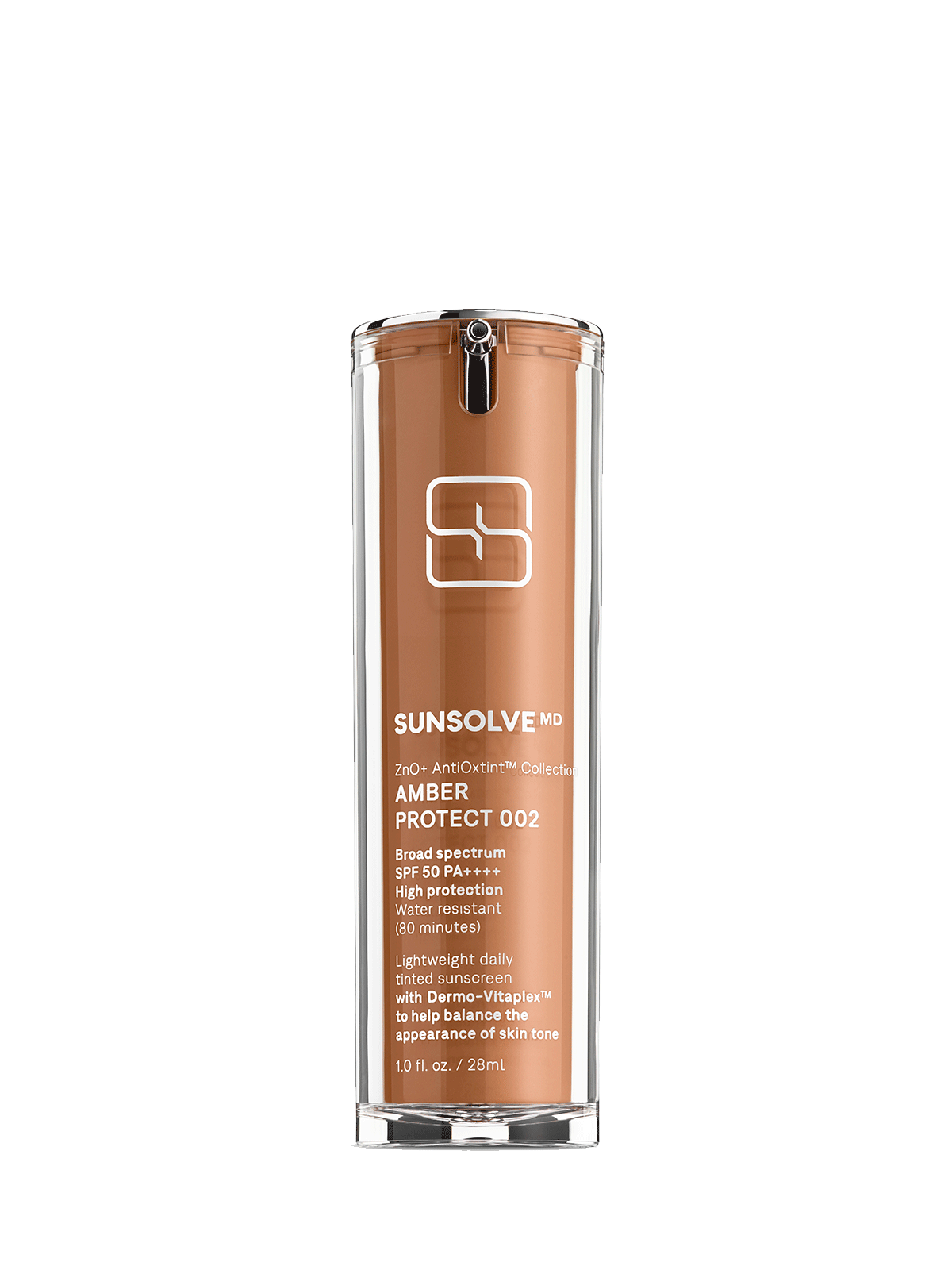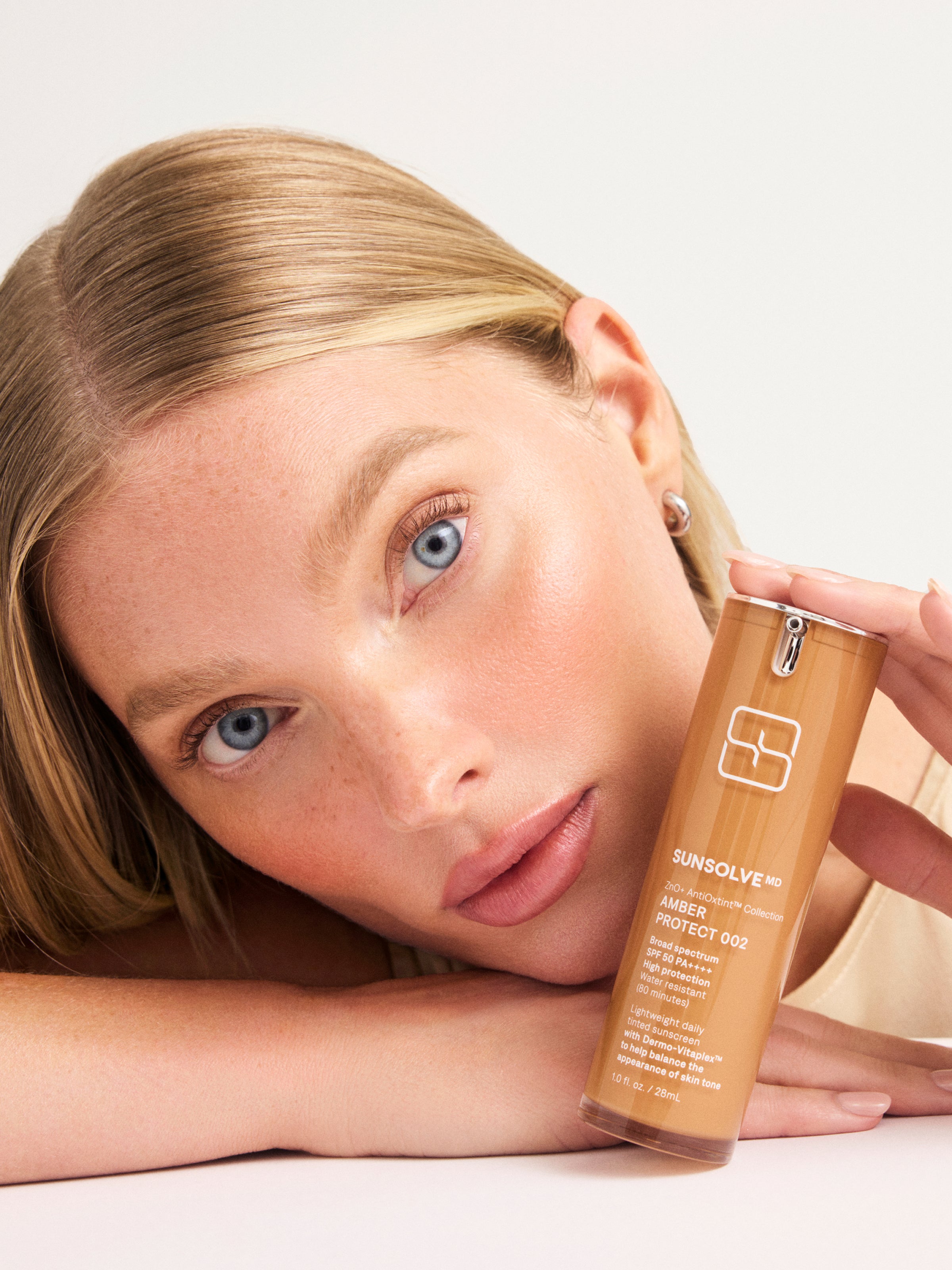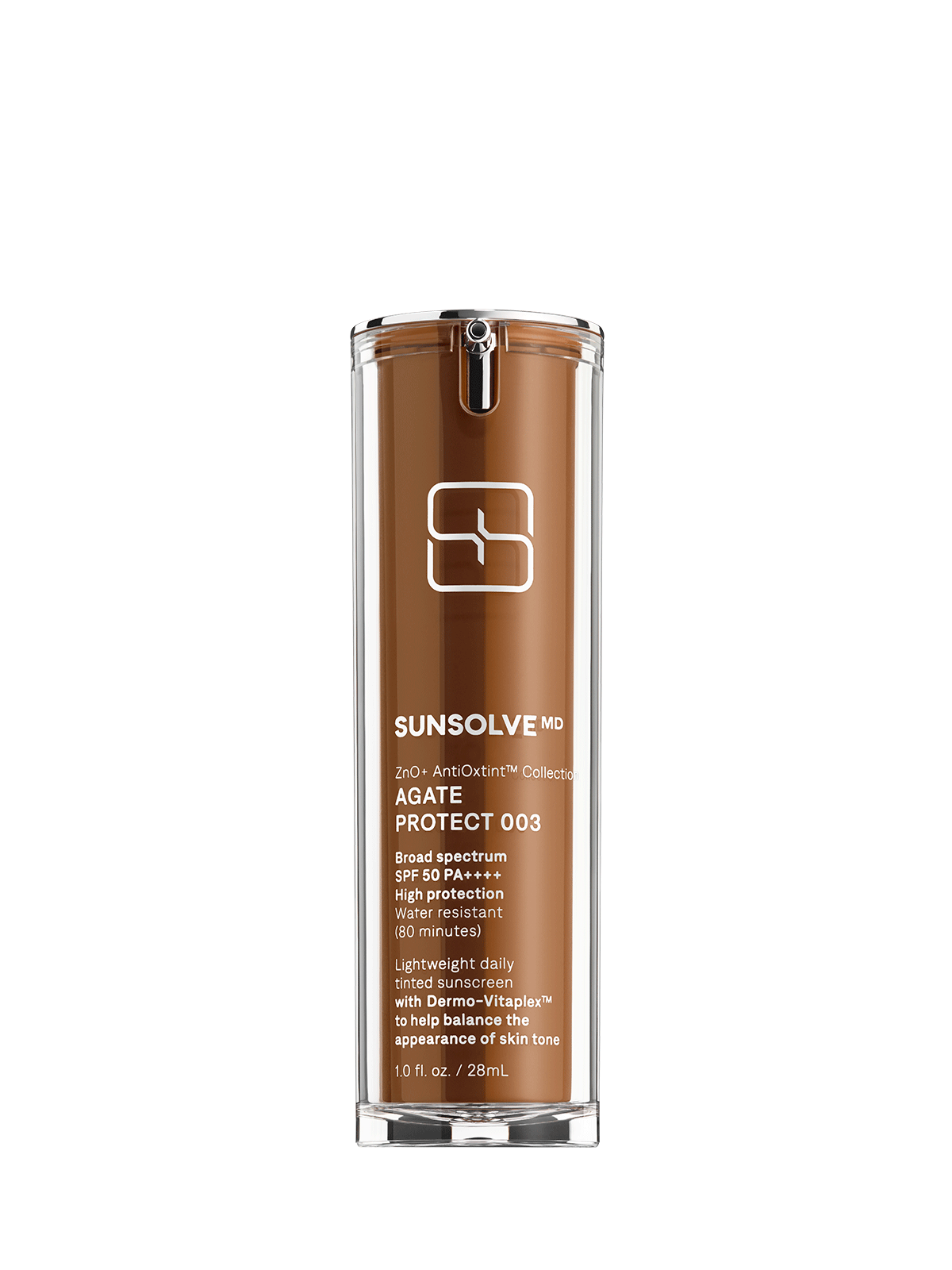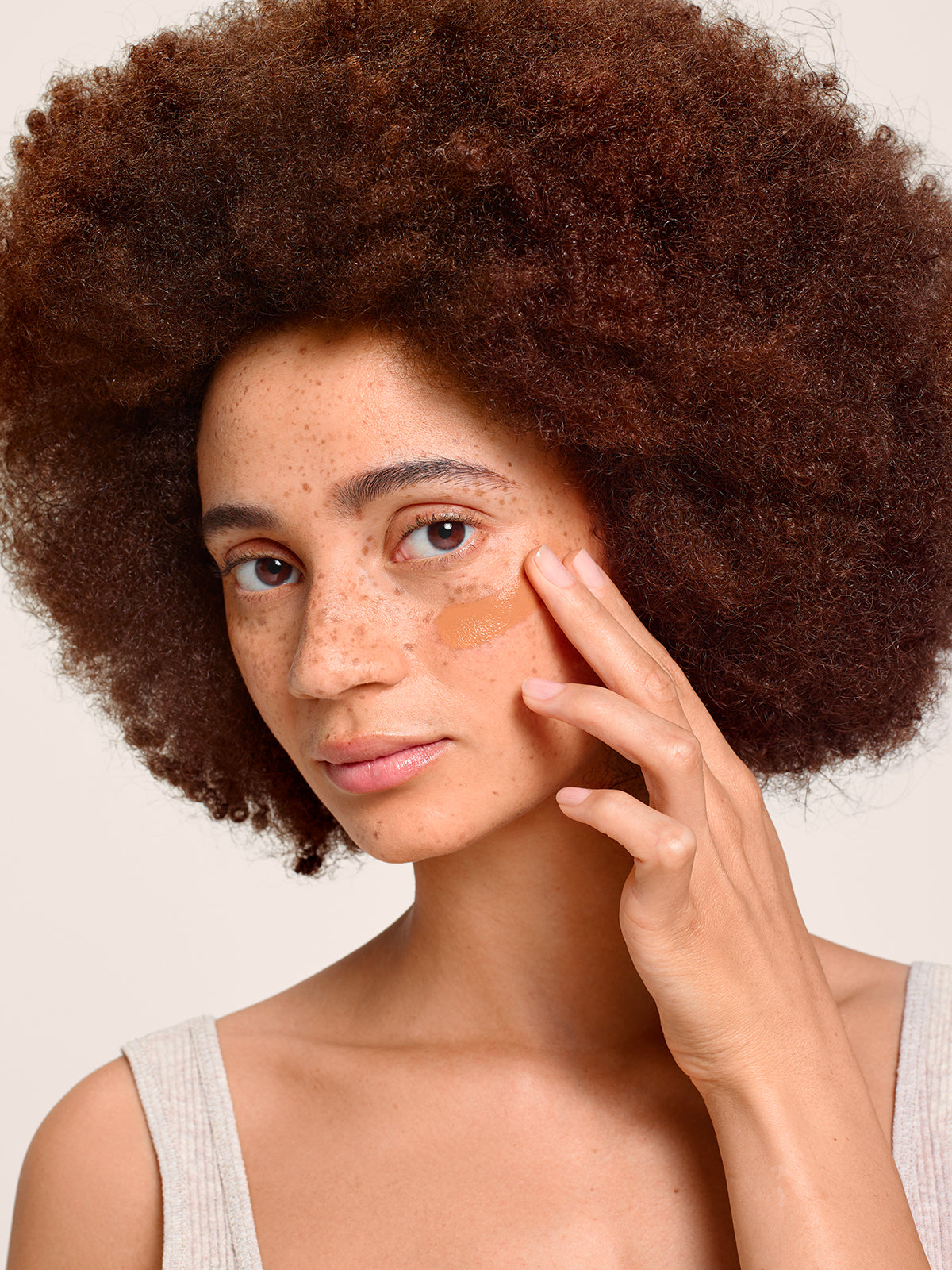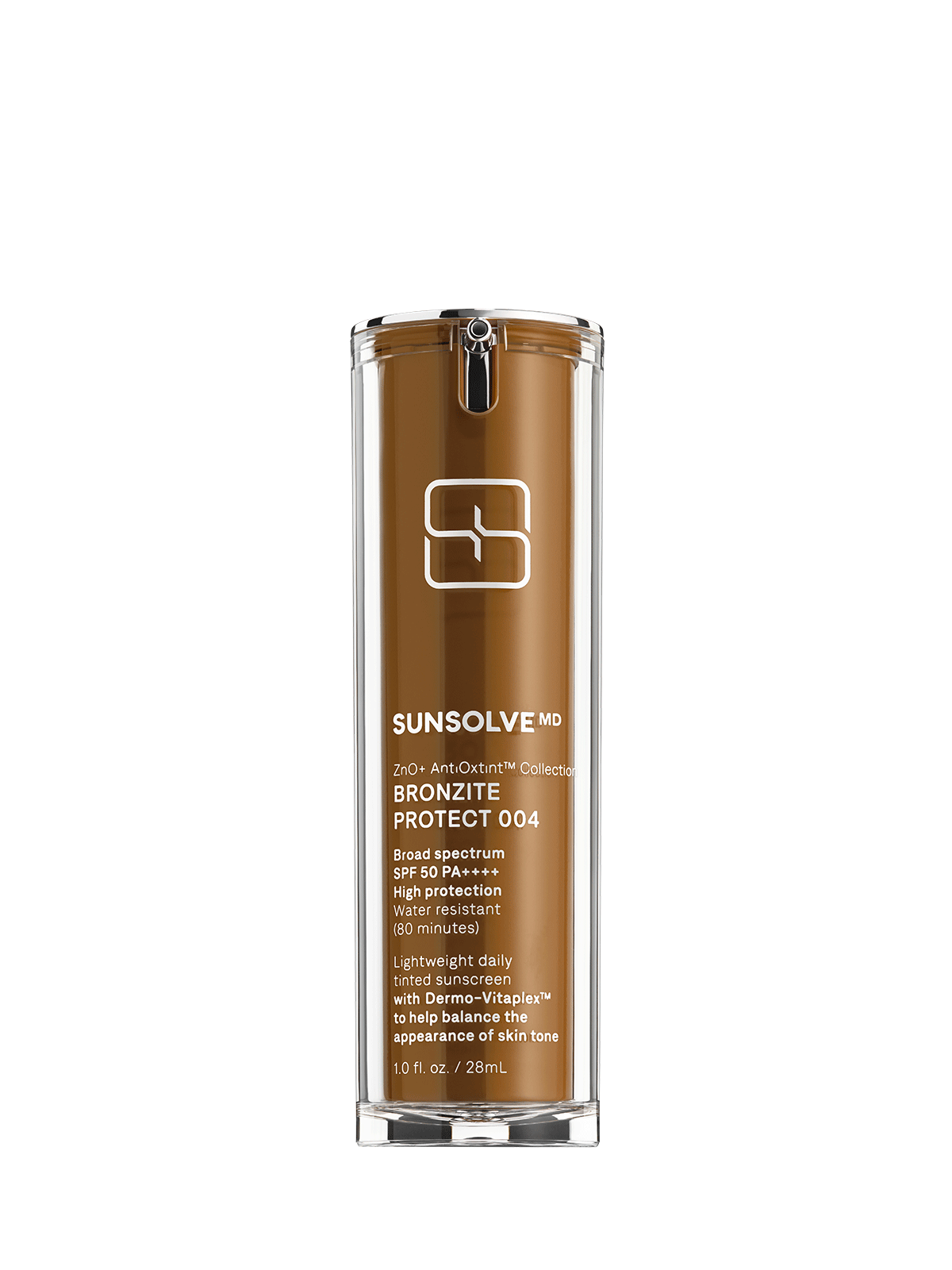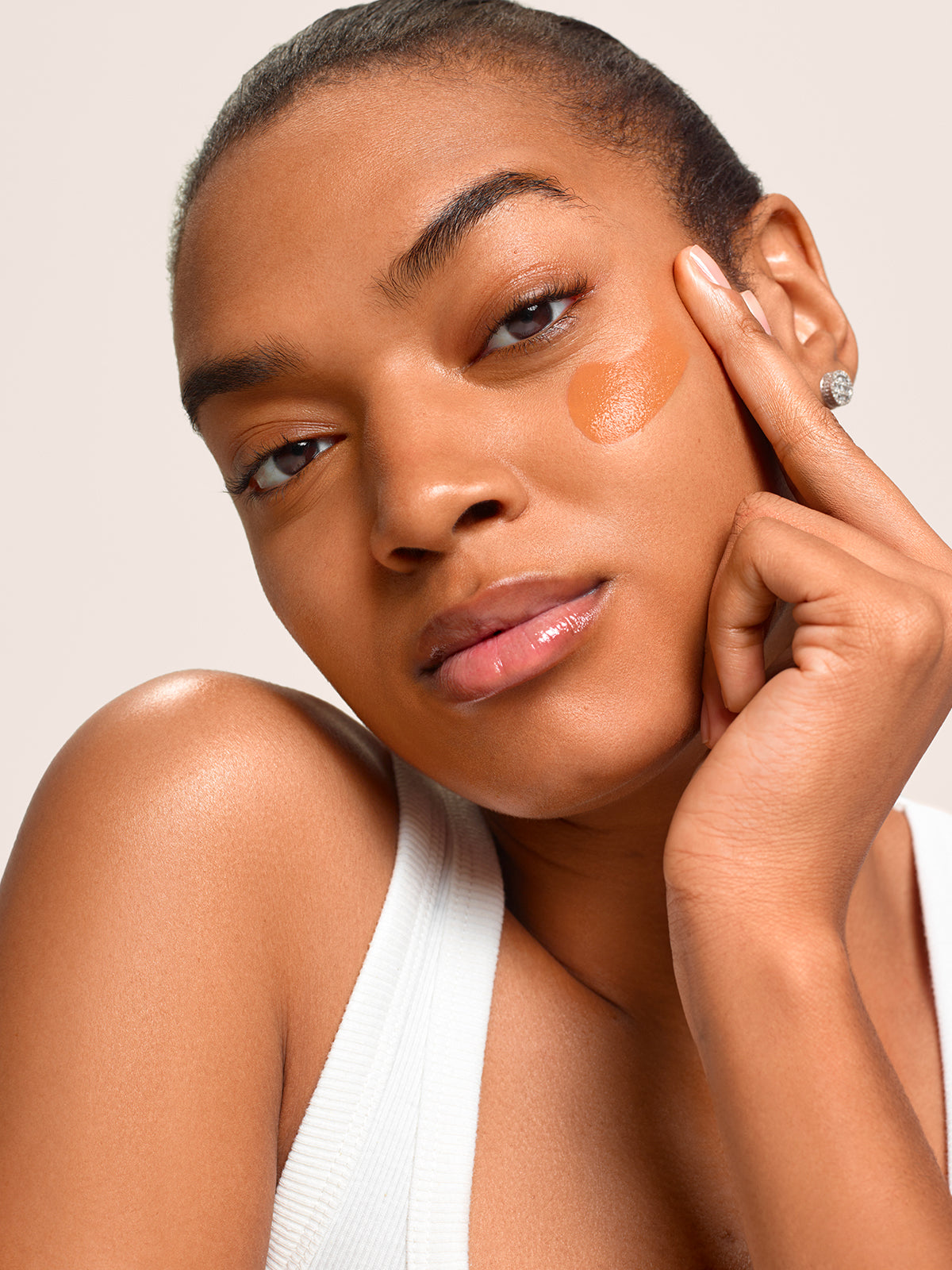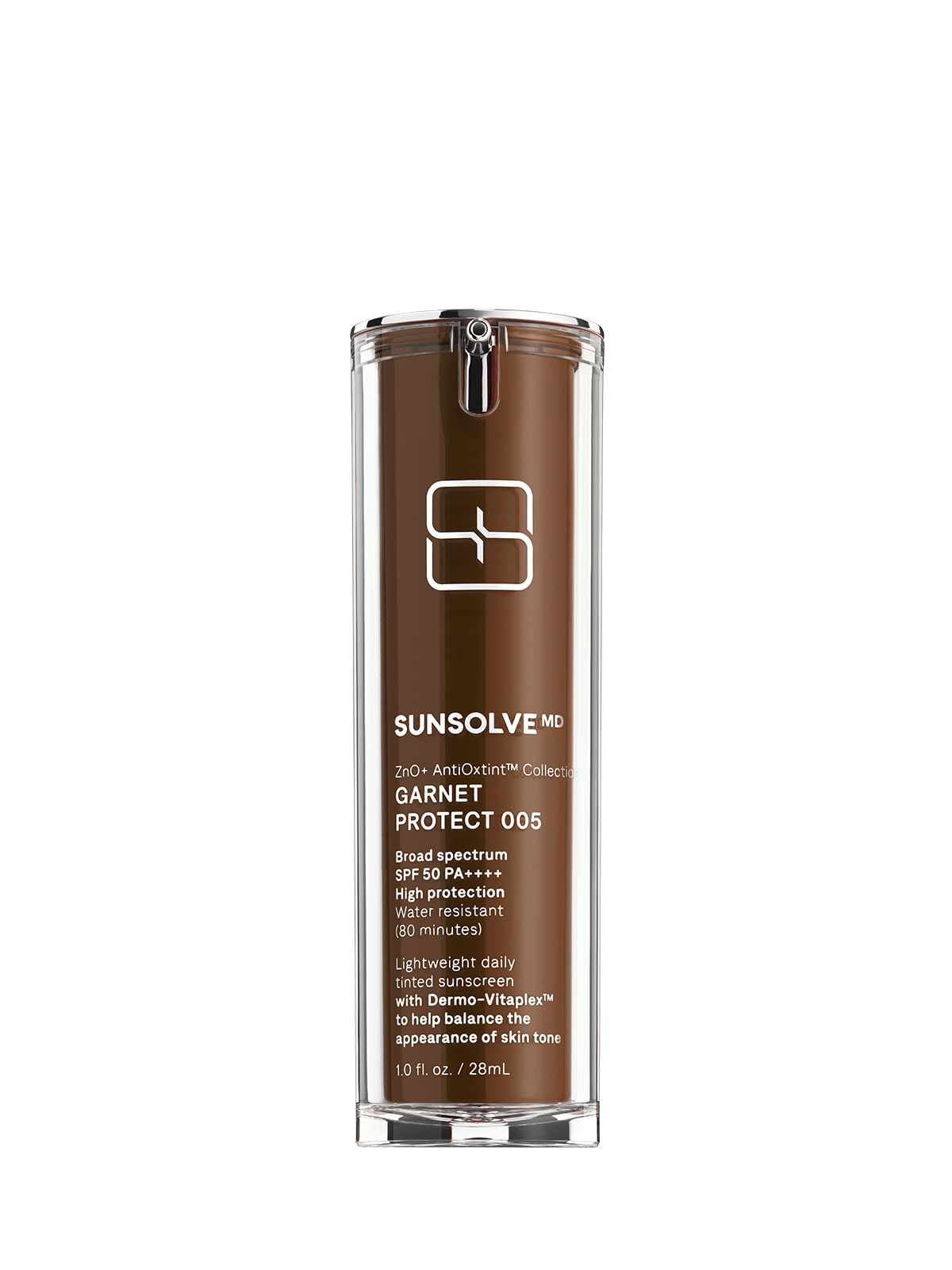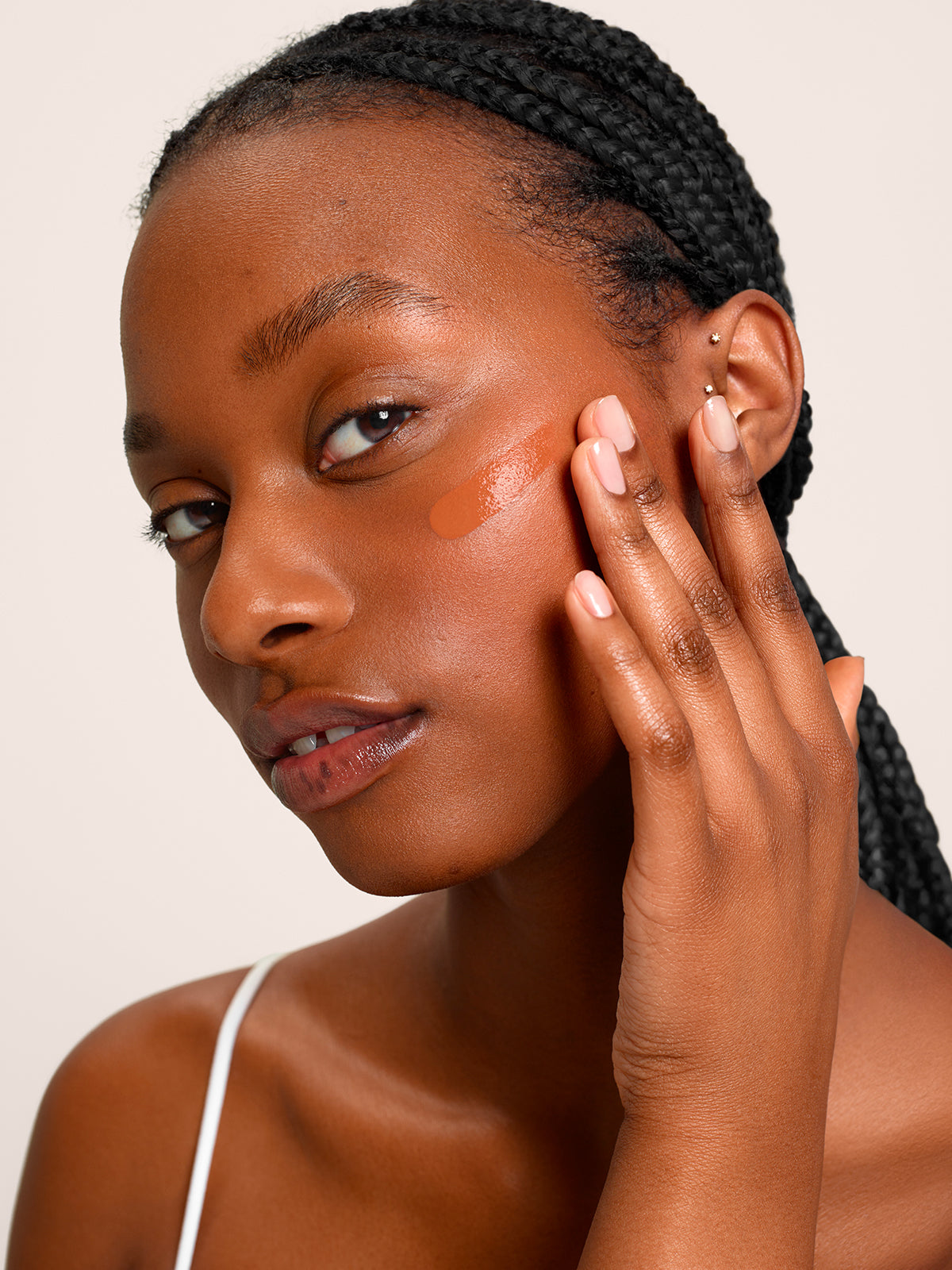
Sunscreen and Acne Treatments - What You Need To Know
If you’re undergoing professional or medical treatments for acne or acne scars, such as chemical peels, microneedling, laser therapy, or prescription medications, sun protection becomes essential.
Most of these therapies are designed to accelerate cellular turnover, exfoliate the skin, or reduce natural oil production, which can leave your skin more sensitive and vulnerable to UV damage.
On the other hand, regular use of sunscreen while undergoing acne and acne scar therapy can enhance your results and help these treatments achieve optimal outcomes, keeping your skin healthy, clear, and even while supporting its recovery process.
How Acne Treatments Increase Sun Sensitivity
Acne treatments can increase sun sensitivity by drying the natural oils on our skin and removing the physical layer of protection they provide.
Excess oil and dead skin cells are considered the main culprits of acne, and all acne treatments will, to some degree, remove as much of these components as possible to prevent clogging and bacterial overgrowth.
Many topical acne treatments, such as retinoids (adapalene, tretinoin), alpha-hydroxy acids, beta-hydroxy acids, and benzoyl peroxide, work by accelerating cellular turnover and rapidly exfoliating the skin's outermost layer.
This process sheds a significant amount of dead skin cells and natural oils accumulated inside the pores and on the skin's surface, compromising the physical barrier they create and leaving the skin more vulnerable to sunburn and irritation.
On the other hand, some acne medications, especially oral antibiotics such as doxycycline and minocycline, as well as oral retinoids like isotretinoin (Accutane), can cause a chemical reaction in the skin when exposed to sunlight.
This reaction, which can be referred to as photosensitivity or phototoxicity (depending on the severity), makes the skin more susceptible to severe sunburn, redness, rashes, and even blistering after minimal sun exposure.
Finally, professional treatments such as chemical peels, microneedling, and laser therapy intentionally disrupt or remove layers of the skin's surface to stimulate healing and collagen production. This temporarily leaves the skin vulnerable and highly sensitive to sunlight and its damaging effects.
The Science: How Sunscreen Protects Healing Skin
Sunscreen acts as a physical barrier between the skin and the environment, preventing UV-induced inflammation and subsequent DNA damage.
The skin is particularly vulnerable during the healing process after acne treatments, as the protective outer layer is thinner or compromised.
UV exposure during this time can trigger an exaggerated inflammatory response after even minimal sun exposure, increasing the risk of redness, swelling, and hyperpigmentation or scarring.
In addition to creating a physical barrier, sunscreens often contain soothing and antioxidant ingredients that lower the skin's inflammatory response to external stimuli, reduce oxidative stress, support the integrity of newly formed skin cells, and support a smoother, more even recovery.
Consistent use of sunscreen is therefore crucial when undergoing acne or acne scarring treatments to prevent setbacks and ensure optimal healing.
Choosing the Right Sunscreen for Treated or Sensitive Skin
When your skin is in recovery mode, it’s crucial to choose a sunscreen that will protect and support your skin without causing further irritation. Look for:
- Mineral-based formulas: Zinc oxide, the main active ingredient in mineral sunscreens, not only acts as a physical barrier that blocks harmful UV rays but also soothes and nourishes sensitive or recently treated skin, encouraging healing.
- Non-comedogenic and oil-free: These sunscreens help protect healing skin while preventing new breakouts down the line, keeping you out of the cycle of inflammation. For example, SunsolveMD's BALANCE + CLEAR is carefully formulated to provide a non-clogging protection and a pore-refining effect, making it ideal for those with blemish-prone or congested skin.
- Soothing and barrier-supporting: For sensitive or reactive skin, opt for formulas with added calming ingredients that help reduce visible redness while supporting recovery. SunsolveMD’s ZnO+ Mineral Care CALM + REVITALIZE is crafted for sensitive or rosacea-prone skin and utilizes a unique blend of soothing actives to calm irritation and strengthen the skin barrier during the healing process.
- Brightening and tone-evening: If you are naturally prone to hyperpigmentation and post-acne marks, or have an uneven skin tone, choose a sunscreen that also addresses these concerns while protecting your skin from everyday damage. Sunsolve MD’s ZnO+ Mineral Care CORRECT + FADE has a lightweight, brightening formula that helps support a more even complexion while providing broad-spectrum mineral protection.
How to Layer SPF With Your Acne Treatment Routine?
Applying sunscreen with acne treatments and the rest of your regular skincare routine doesn’t have to be complicated or take up a lot of your time in the morning.
Here’s how to make SPF a seamless part of your daily regimen:
- Cleanse: Start your morning routine by gently washing your face and neck with a soothing, non-stripping cleanser to remove accumulated sweat, oil, and product leftover from the previous night.
- Hydrate and treat: Apply your hydrating serums or acne treatments on clean, damp, or dry skin to maximise effectiveness without causing irritation or stripping.
- Moisturize: Use a lightweight, oil-free moisturizer to lock in the previous products into the skin and support its barrier.
- Protect: Once the moisturizer has settled, finish with a broad-spectrum SPF as the final step in your morning skincare routine.
- Pro tip: If you wear makeup, allow your sunscreen to fully absorb by waiting a few minutes before applying foundation or other complexion products. This gives the SPF time to settle on your skin, minimizing the risk of rubbing it off and removing some of its coverage.
Reapply sunscreen every two hours if you’re outdoors, and use a powder or spray SPF for easy touch-ups.
The Bottom Line
Sunscreen is a non-negotiable step for anyone undergoing acne or scar treatments.
It protects your investment in clearer skin, prevents UV-induced inflammation and hyperpigmentation, and helps your skin heal faster and more evenly.
By choosing a gentle, non-comedogenic formula and incorporating it into your morning skincare routine, you will never again feel like you're wasting your money on ineffective treatments, all while enjoying the benefits of your efforts towards clear, healthy, and glowing skin.

